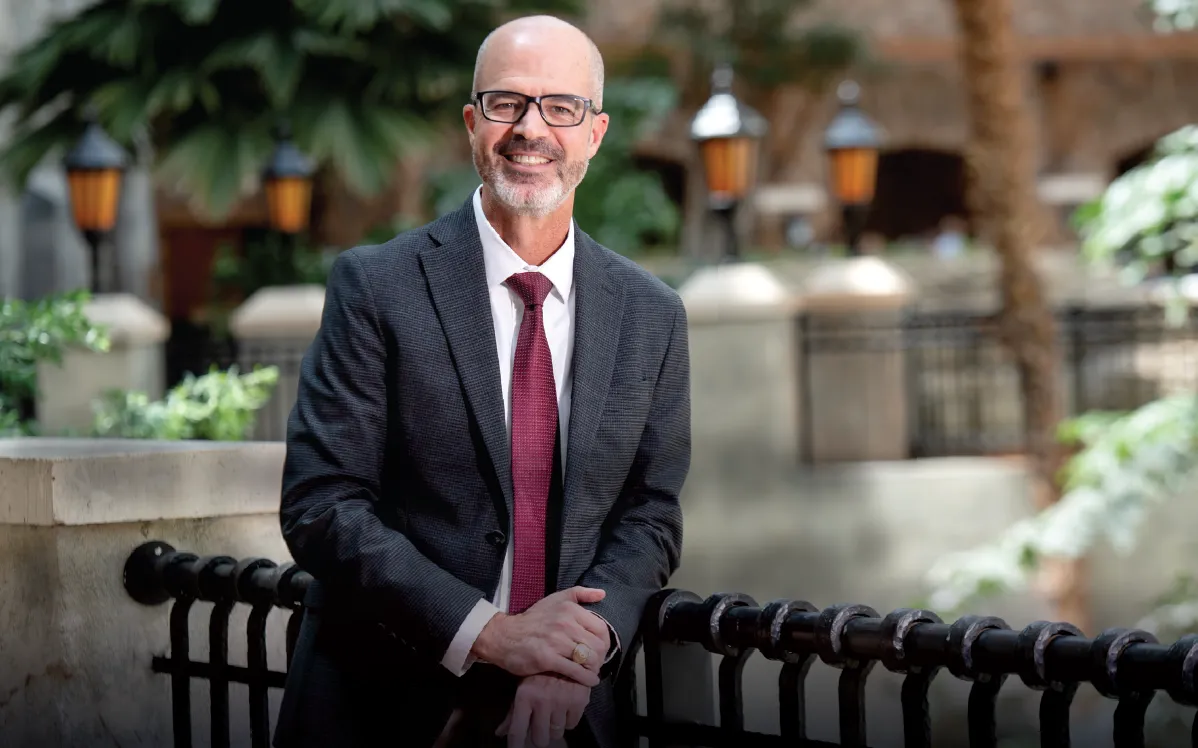
Governments should set a regulatory framework to help shape the direction of road technologies - but then stand aside and allow industry to create the necessary technologies, according to a European pioneer in the field.
Georg Kapsch, CEO of
One of the main challenges facing the ITS industry is to create a consistent, interoperable ecosystem, he told ITS International. Fail to create a homogeneous system and “we will end up in a terrific mess”.
That means that some degree of regulation is required. However, Kapsch insists: “It’s not the responsibility of national governments, the European Commission or the European Parliament to decide about technologies. They need to create a certain regulatory framework, but they must not intervene in technology because, if they do so, this undoubtedly has a negative impact on innovation.”
Autonomous impact
The greatest opportunities for Kapsch and the ITS industry in general lie in the improvement of infrastructure, together with making use of multiple traffic modes to make transport seamless, he believes.
Funding those infrastructure improvements would require tolling: “You can’t increase taxes any more. Financing infrastructure, particularly road infrastructure, via taxes is not fair because you don’t have ‘the user principle’.”
However, no matter how much road infrastructure and technologies are improved, the greatest impact on traffic flows would only occur when a huge proportion of cars on the road were autonomous. “If they’re not, you have to rely on the fact that people are acting in accordance with what the system is proposing,” he adds.
When it comes to digitalisation of the traffic and transport sector, there remains much room for improvement, says Kapsch. This is primarily due to different sets of regulations from different authorities. “Technology is evolving fast,” he continues. “What we need is connected vehicles. If they’re not connected, we can’t guarantee proper safety and security. Now it comes down to a question of whether we will have just car-to-car communication or car-to-infrastructure communication.”
Data desire
Speaking in April in Vienna at a TRA2018 plenary session on how digitalisation was transforming transportation and mobility, Kapsch noted that - in order to get access to many companies’ services - consumers essentially had not only to hand over their data, but agree that the companies could do anything they wanted with it.
Although the European Union has introduced the General Data Protection Regulation, which extends the scope of EU data protection laws to all foreign companies processing data of EU residents, Kapsch is doubtful of its effectiveness: “I’m afraid this will not achieve its original goals. It won’t hit those it was intended to hit; it won’t hit the big data companies. If you’re in a relationship with a big data company as a consumer, you have to sign that they can do anything with your data, otherwise you don’t get access to their systems.”
Many people were ambivalent about the use of their personal data, he said. On the one hand, they were becoming increasingly concerned about it, yet casually handed over their most private information to huge organisations like Facebook, Google and Apple.
“People have to care for their data and when it comes to the question of who owns it, I would say the owner is the consumer.” If a person wanted to hand over their personal data to a company, the company should have to pay for it. “I should say ‘I’m prepared to give it to you, but I shouldn’t have to give it to you for free and someone else then uses it.’”
He suggests going one step further. “Regulators around the world have to be aware and have to care about avoidance of data monopolies or data oligopolies,” Kapsch concludes. “That’s where we’re currently going and this is a real threat.”










